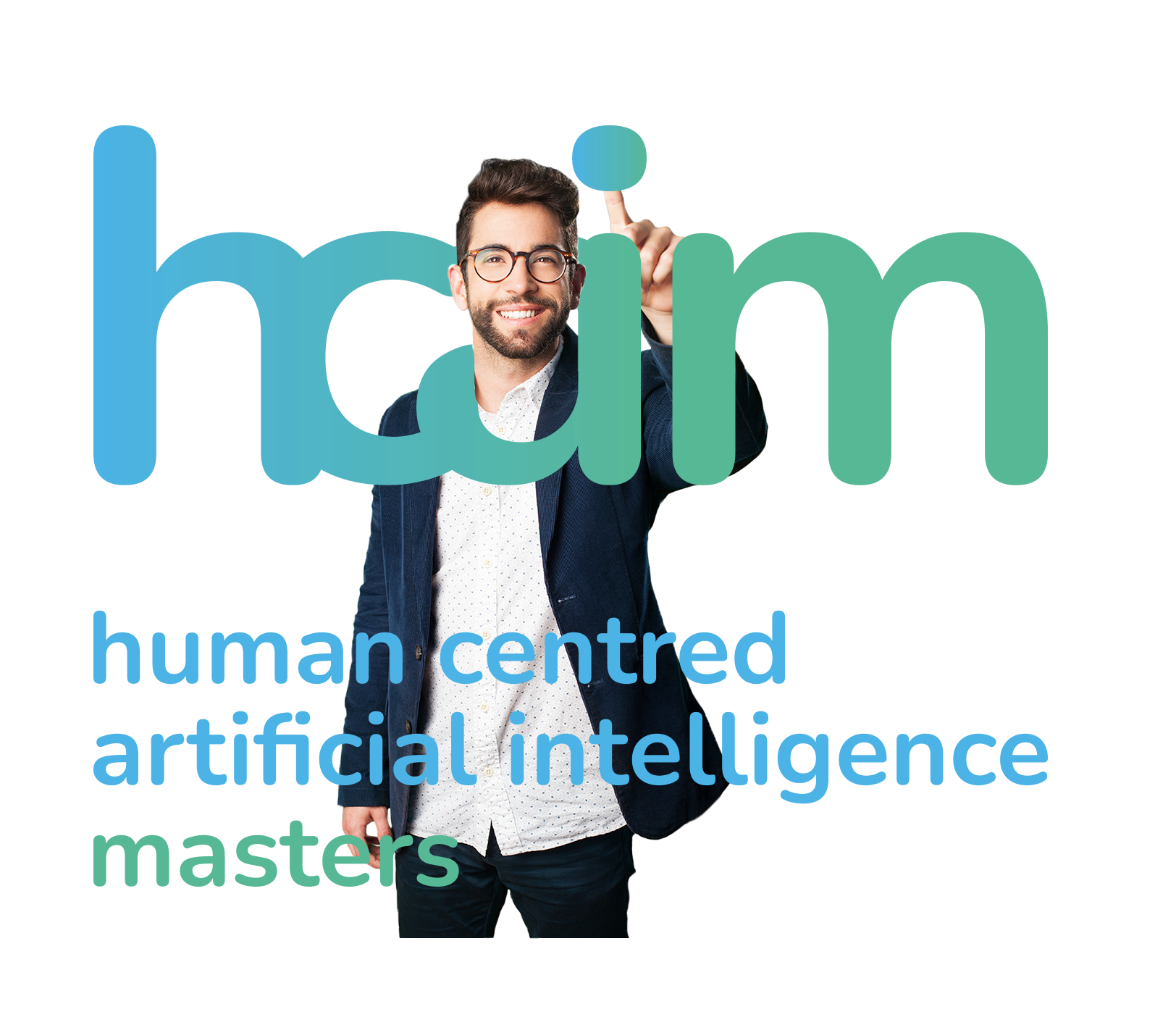The most challenging aspects of developing self-driving automobiles are not technological. Ernst Dickmanns (a developer of self-driving cars (Delcker, 2018)) contends that it is addressing the social and ethical concerns linked with technical advancement that are now “front of mind” in firms developing self-driving cars rather than overcoming technological hurdles. A great deal of technological development has been achieved in self-driving automobiles and a myriad of other fields of application. It is projected that AI technology will develop further in the future years as more data and computing power become accessible.
The Human-Centered AI Master’s Programme is geared toward training professionals to become social value-oriented AI architects. These AI architects pay special attention to the responsible application of artificial intelligence.


